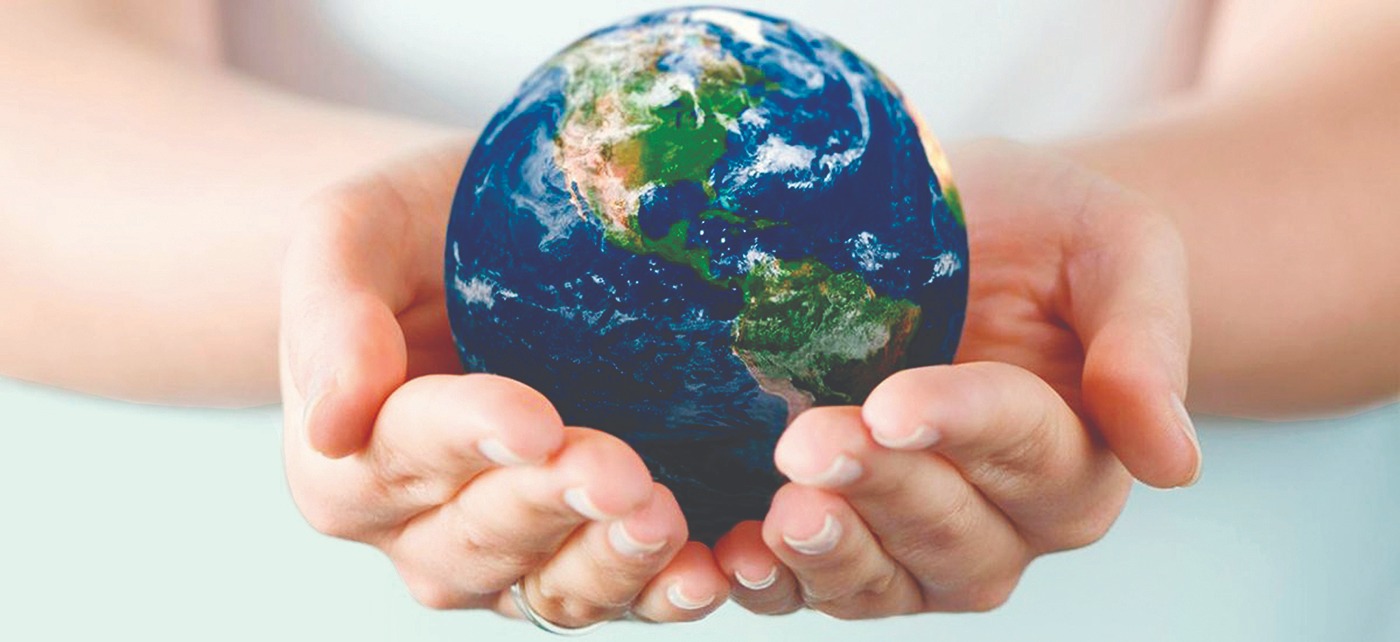
Since the beginning of the 21st century, a large-scale environmental crisis has emerged on Earth. Humanity's actions have begun to disrupt the natural balances of biospheric processes.
The United Nations initiated environmental protection concerns in 1972. During that time, the concept of "eco-farm" was established, focusing on environmental issues. "Eco-development is a socially and economically oriented development that prioritizes well-being without causing environmental degradation or natural system destruction."
In line with the principles of eco-development, the United Nations Environment Programme (UNEP) was established. UNEP collaborated with the pre-existing UNESCO “Man and Biosphere” program.
Subsequently, the concept of “Sustainable development” was introduced through the “Brundtland report” in 1987, emphasizing the idea of “eco-development” for sustainable development.
We decided to provide a clear definition of the concept: Sustainable development is development that meets the current generation's needs without jeopardizing the next generation's ability to meet their own needs.
All global programs aim to achieve the “17 Sustainable Development Goals” established by the UN. These goals were outlined in the UN “Agenda 2030” on September 25, 2015, with the participation of 193 countries.
Kazakhstan, among other countries, shows support for the Sustainable Development Goals (SDGs) through the establishment of a “Coordination Council on SDGs” at the government level. National programs focus on these goals, encompassing economic and environmental challenges yet to be addressed. These goals are universal calls to address complex issues concerning the population and nature, which cannot be solved solely through documents or charters.
As members of higher education institutions, including the teaching staff at Al-Farabi Kazakh National University, we actively engage in implementing the Sustainable Development Goals. We educate students about the 17 goals, encourage discussions, and organize events to promote understanding. Within our research activities, we focus on advancing access to affordable and clean energy. Topics in the chemistry and Chemical Technology doctoral program, such as hydrogen energy and eco-friendly chemical sources, contribute toward Goal 7. The Center for Physico-Chemical Analysis and Research at the Faculty conducts studies on monitoring the environment, extracting pure metals, and assessing the purity of industrial products, minerals, and raw materials. Additionally, scientists explore various chemical energy sources under their guidance.
The pursuit of sustainable development goals extends beyond scientific work to educational reforms. Recognizing that environmental quality and ecosystem preservation require gradual progress, elective courses like “Green Chemistry”, “Environmental Safety”, and “Industrial and Environmental Safety” are offered to students. By aligning these disciplines with contemporary standards, significant challenges like advancing goal on quality education, fostering environmental awareness and literacy, and promoting environmental education can be addressed effectively.
It is evident that environmental literacy in society is not at its peak, as highlighted in various discussions where individuals often emphasize the steady economic development of the country without fully grasping the concept of sustainable development. Similarly, the term “ecology” is not widely understood or utilized in everyday conversations. Addressing environmental issues, people might say, “the quality of the environment has decreased”, instead of directly acknowledging its poor state. It is crucial to prioritize environmental literacy among the population to bridge these gaps and foster a deeper understanding of sustainable development and ecological well-being.
Al-Farabi Kazakh National University,
Professor of the Department of General and Inorganic
Chemistry, Doctor of Technical Sciences
Bayeshova Azhar (Tel.: 8 707 906 32 74)